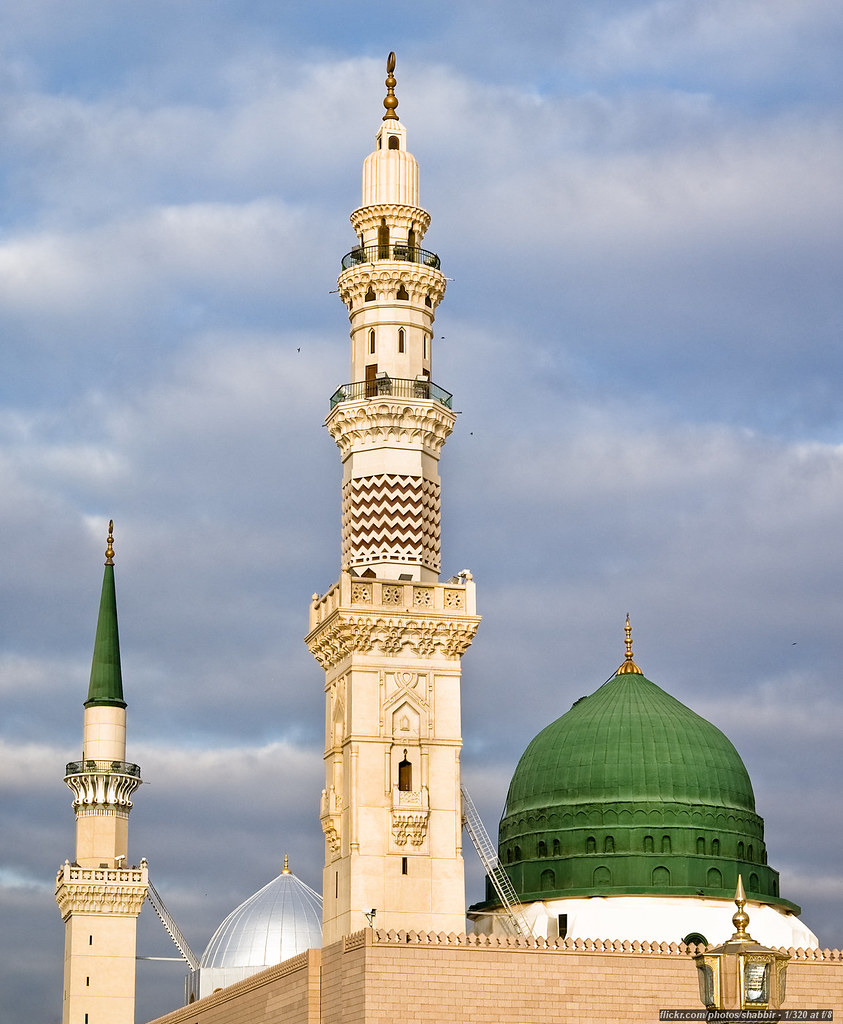Masjid Al-Aqsa, located in the heart of Jerusalem, stands as one of the most sacred sites in Islam. However, its significance extends far beyond the Muslim faith, weaving deeply into the tapestry of Christian history and theology. The juxtap of faiths in this revered space not only enriches our understanding of religious significance but also invites a broader contemplation of the contemporary geopolitical landscape. This article will explore the latest events surrounding Masjid Al-Aqsa, its historical and religious significance, and how it resonates within a Christian framework.
The latest developments around Masjid Al-Aqsa have underscored its role as a focal point of tension and devotion. In recent months, news reports have chronicled a resurgence of conflict related to access and control of this pivotal mosque. Tensions often flare during significant religious observances or political demonstrations, which can lead to clashes between various groups. Understanding the current dynamics necessitates a historical lens that encapsulates the myriad events influencing this sacred space.
Historically, Masjid Al-Aqsa is situated on the Temple Mount, or Haram al-Sharif, an area that bears immense significance for Christians, Jews, and Muslims alike. For Christians, the proximity of this mosque to the ancient site of the Second Temple—the location where Jesus taught and preached—imbues the site with a profound spiritual resonance. This history invites contemplation on the continuity of heritage and faith, transcending time and providing a narrative of redemption that permeates both the Old and New Testaments.
The original structure of Al-Aqsa was built in the early 8th century and has since undergone various renovations and reconstructions. Its architectural grandeur captivates one’s imagination, echoing the intricate artistry of religious devotion across the centuries. When Christians visit this remarkable site, they may feel an aura of sacredness, connecting with not only their historical roots but also the rich historical interactions that have transpired here. This sense of shared history is profoundly significant, as it offers a common ground amidst diverging beliefs.
The religious significance of Masjid Al-Aqsa in a Christian context often goes unnoticed. Yet, the events that unfold in and around this complex echo the prophetic writings found within the Scriptures. For instance, the Book of Isaiah speaks of the restoration of Jerusalem, presenting a vision of peace and divine presence. Such prophetic declarations are relevant today as they compel believers to reflect on the ongoing quest for harmony among divergent faiths. However, witnessing how contemporary issues embroil this significance can illuminate paths toward understanding and compassion.
In the Christian tradition, the existence of Masjid Al-Aqsa serves as a poignant reminder of the covenant made by God with His people, encapsulated by the belief in the ultimate reconciliation and redemption through Jesus Christ. This promise resonates with the Christian understanding of Jerusalem as a microcosm of God’s eternal plan. Despite contemporary struggles and strife, Christians are called to embrace a perspective that fosters peace and enlightenment, aligning with Christ’s teachings about love and forgiveness.
The socio-political landscape surrounding Al-Aqsa is a complex web of religious fervor, national identity, and historical claim. As the world watches the developments, there is much to ponder regarding how these events unfold in spiritual and historical contexts. Recent clashes in the vicinity have reignited discussions around access and rights to sacred sites—an issue that reverberates across faiths, highlighting the urgency for dialogue and resolution. Christians observing these events may feel a compelling call to engage in constructive conversations about interfaith relationships and collaborative initiatives aimed at peace.
The role of Christian organizations continues to evolve as they express solidarity with vulnerable communities near Al-Aqsa. Many religious leaders are recognizing the imperative to advocate for justice and peace in the region, inspired by the teachings of Christ to serve those in need. This advocacy often transcends purely theological domains, embodying a commitment to compassion and understanding that can foster a more inclusive dialogue among different faith traditions.
Moreover, the convergence of faith and geopolitical realities invites contemplative discussions about eschatology—the study of end times. Christian theology often emphasizes Jerusalem as the epicenter of eschatological events, which must be approached with a discerning heart and an openness to diverse interpretations. This perspective not only prompts curiosity but also calls for a deeper grappling with the implications of our shared faith narratives in light of current events.
As Christians engage with the news surrounding Masjid Al-Aqsa, it is paramount to avoid viewing the situation solely through a lens of conflict. Instead, fostering curiosity about the diverse narratives interwoven within this sacred space is essential. Viewing Al-Aqsa as a symbol of hope can encourage a renewed commitment to peace and reconciliation among faith communities. It evokes questions of how we might serve as agents of dialogue, fostering understanding amid a complex tapestry of beliefs and traditions.
In conclusion, Masjid Al-Aqsa stands as both a geographical and spiritual intersection for Christians, Jews, and Muslims alike. Its history speaks to the heart of faith, redemption, and the longing for peace. As we reflect on the latest developments, it is imperative to approach the topic with a willingness to engage, learn, and collaborate. By recognizing the significance of Al-Aqsa from a Christian perspective, believers can contribute to a narrative of hope, embodying the spirit of love that transcends boundaries and cultivates a future grounded in understanding and respect.



